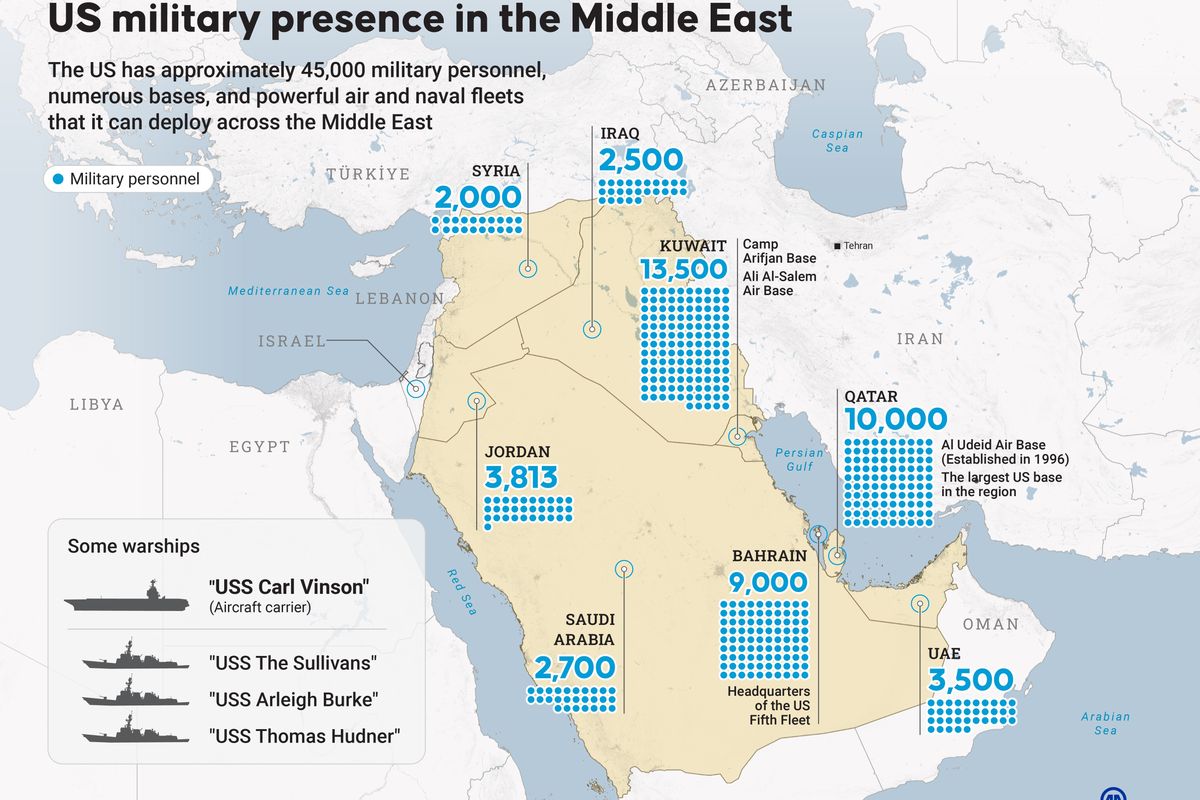Today, Tunisia’s Parliament meets to hold a vote of confidence in the new unity government of Prime Minister Youssef Chahed. In a moment that seems to encapsulate the democratic ideals of the 2011 Tunisian Revolution, Chahed will present the parliament with one of the most diverse cabinets in the country’s history. Comprised of eight women and 14 “youth” ministers, the cabinet will also draw members from several opposition parties, including the Islamist Ennahda Party.
In many ways, this underscores how far Tunisia’s fragile democratic transition has come, especially compared to the rest of the region. In countries like Egypt, Libya, Yemen, and Syria, the democratic uprisings of the so-called “Arab Spring” have either relapsed into authoritarianism or devolved into civil conflict. Tunisia, on the other hand, has held free and fair elections, drafted and ratified a uniquely liberal and democratic constitution, and completed peaceful power transitions between ideological opponents.
However, these legitimate successes hide deep political, economic, and security challenges which will need to be addressed as Tunisia finishes its fifth year as a new democracy. Now that the country has established a relatively stable democratic system, how can Tunisia begin to answer the fundamental call for “bread and dignity,” which sparked its revolution?
In large part, the answer to that question lies in the economic welfare of Tunisia’s citizens. Although democracy and political rights came to exemplify Tunisia’s revolution and subsequent transition, economic welfare was always the burning core that brought citizens out in the thousands to protest the status quo. Unfortunately, post-revolutionary governments have failed to deliver.
At the macroeconomic level, GDP (gross domestic product) growth dropped to just over one percent in 2015, while weak tourism – which suffered after high profile terrorist attacks at the Bardo National Museum and the tourist resort at Sousse – and declining exports widened the current account deficit to nearly nine percent. What’s worse, youth unemployment remains as high or higher than under the regime of former dictator Zine al Abedine Ben Ali at 40 percent.
Yet these numbers reveal only part of the problem. Another key factor fueling popular resentment and unrest is the failure of post-revolutionary governments to address a grave wealth gap between affluent coastal cities in the east and the impoverished regions of the southern interior and northwestern border regions. It is no coincidence that Tunisia’s revolution began in Sidi Bouzid, a rural city in the hinterland. For decades, the central government in Tunis has neglected economic development, necessary infrastructure projects, and social programs in these areas.
After the revolution, reformers expected that successive governments would work to remedy this gap, but according to Executive Director of the Project on Middle East Democracy and Cipher Brief expert Stephen McInerney, “none have really prioritized this divide between the coastal elites and the interior.” Instead, according to the World Bank, the wealth gap had widened by 2014, with poverty rates as much as four times higher in some areas of the interior than in the coastal regions.
The dangers of perpetuating such inequality are clear. Beyond renewed protests and unrest in cities like Sidi Bouzid and neighboring Kasserine, Jihadist groups like ISIS may find new traction in Tunisia’s disaffected youth. Tunisia has already become a vital source of recruitment for ISIS, and more than 7,000 Tunisians have reportedly traveled to fight for the group, forming the largest contingent of foreign fighters in Iraq and Syria.
Similarly, in March of this year, ISIS militants attempted to take control of Ben Guerdane, a small town near the Libyan border. Dozens were killed in the ensuing gunfight. In the opinion of Haykel ben Mahfoudh, Fellow at the Atlantic Council and Cipher Brief expert, this kind of attack and “efforts to secure the borders and crackdown on extremists are overwhelming the country’s ability to address high priority problems like economic development, employment, and education.”
Yet, in the end, it is the lack of consolidated political leadership and political will that presents the deepest obstacle to progress. Youssef Chahed is young (only 40 years old), energetic, and enjoys a positive reputation from his time as Minister of Local Affairs, but he is not known as a political heavyweight. Instead, according to McInerney, many suspect that the current President, Beji Caid Essebsi, “prefers to have a prime minister who is weaker and can’t present a challenge to his undisputed position of leadership.”
To make matters worse, Tunisian politics are fundamentally fragmented. Even Nidaa Tounes – the party of Chahed and Essebsi – has become more of a loose coalition than a cohesive political entity, while the Islamist Ennahda party lost much of its popularity after a brief stint in power. This leadership vacuum naturally favors entrenched status quo interests, and it has convinced a wide swathe of Tunisians that corrupt business elites and political actors are hijacking the new system to successfully stall the country’s transition.
Of Tunisia’s many woes, it is this crisis of legitimacy that the Chahed government will need to tackle first. As McInerney observes, a government that is able to “demonstrate a real commitment to a less corrupt system, would be enormously important and is almost a precondition for making progress on basic economic reforms.” Security sector investment, a reformed labor law, public-private partnerships, and new investment codes, these and other reforms are vital to Tunisia’s continuing transition, but in the end, none them will succeed without the people’s trust. Trust that their elected representatives and their judiciary will work to root out the systemic corruption and inequality that led them to rise up against a dictator five years ago. Hopefully Chahed and his cabinet can begin to deliver that trust in the Arab World’s only liberal democracy.
Fritz Lodge is an international producer at The Cipher Brief.













